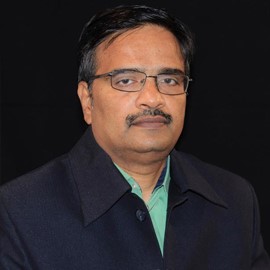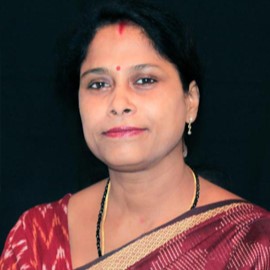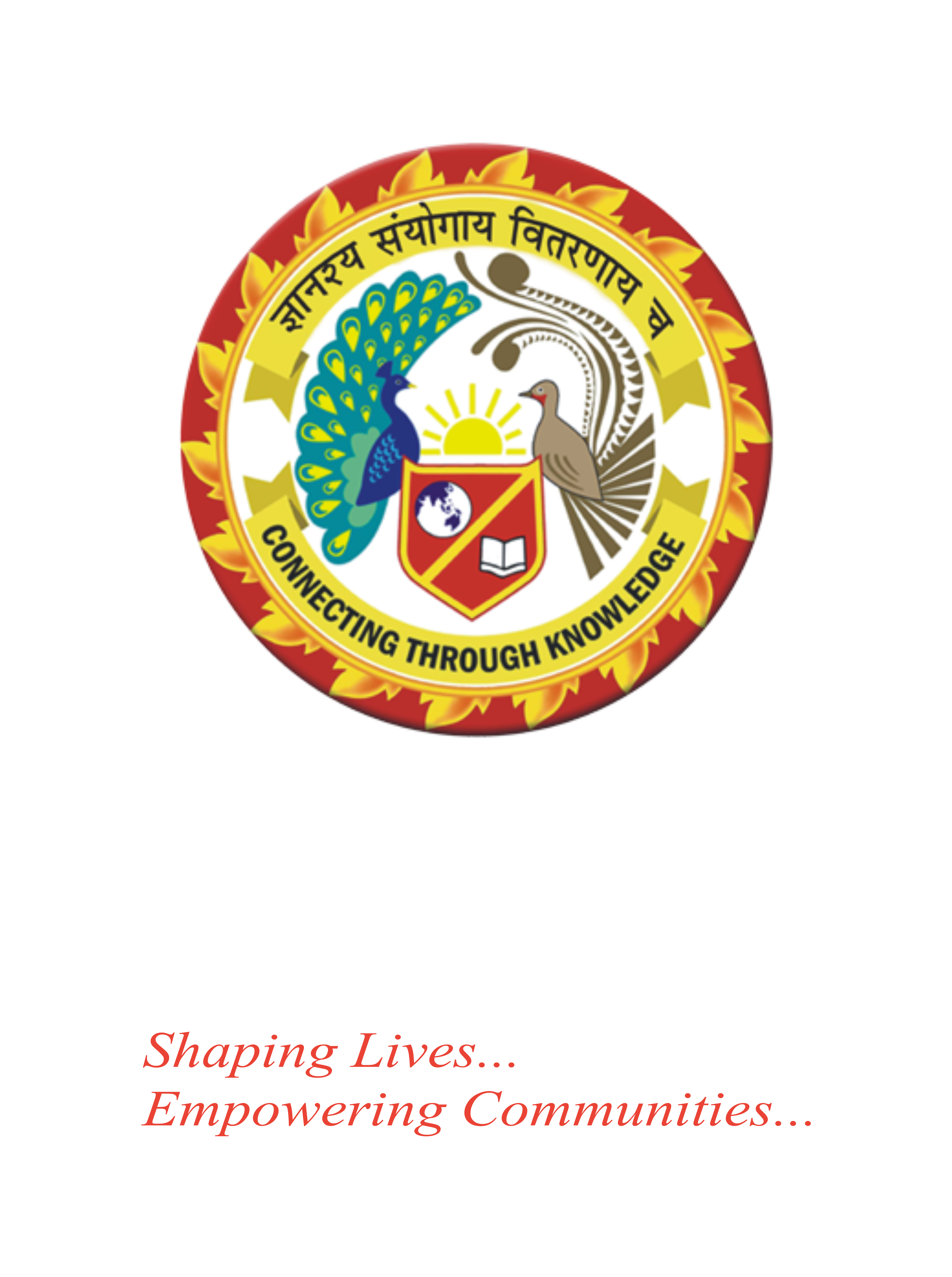FIRST NATIONAL CONFERENCE ON
“FUTURE OF ARBITRATION IN THE NEO-TECHNOLOGICAL ERA”
Co-organized by

In Association with

In today’s interconnected world, arbitration has become a crucial mechanism for resolving national and international disputes. Centurion University of Technology and Management, School of Law recognized for its commitment to legal education and excellence, has taken a bold step to bring the global legal community together for the Centurion University National Arbitration Conference. This conference will explore the ever-evolving landscape of arbitration and technology, addressing the challenges and opportunities faced by legal professionals in a post-pandemic era. Arbitration has changed alongside imbibing technology and needs to be looked at in-depth to make the necessary regulations for a better and error-free judgment. What makes this conference even more unique is its hybrid mode, which combines in-person and virtual participation, ensuring that knowledge and insights can flow seamlessly across borders.
Timeline


- Bridging Legal Minds: The primary goal of this conference is to bring together legal scholars, practitioners, academics and students from India. Through the hybrid mode, participants can attend either in person at Centurion University or remotely from their own locations, making it accessible to the national audience.
- Knowledge Dissemination: The conference will serve as a platform for the exchange of ideas, experiences, and knowledge related to arbitration. Distinguished speakers and panellists will share their insights, expertise, and best practices in the field.
- Networking and Collaboration: An integral part of any conference is the opportunity to network and establish professional relationships. The hybrid format allows participants to connect with others in their field regardless of their physical location.
CONFERENCE HIGHLIGHTS
- Diverse Speaker Lineup: Renowned legal experts and scholars will deliver keynote speeches and lead panel discussions. These experts will provide fresh perspectives on topics like arbitration procedures, recent case studies, and emerging trends.
- Workshops and Breakout Sessions: Participants will have the opportunity to engage in interactive workshops and breakout sessions, allowing for in-depth discussions and skill-building in various aspects of arbitration.
This conference is open to all students, researchers, practitioners and academicians from the disciplines of law, social sciences and any discipline related to the theme of the conference.
CALL FOR PAPERS
The conference is an attempt to explore the methods, mechanism, legal, and socio-economic concerns in the light of various disciplines overlapping with the central theme of the conference under discussion and would inter alia explore topics identified as sub-themes below which include both domestic and international arbitration:
- Arbitration Procedures and Best Practices:
- Exploring the latest trends and best practices in international arbitration procedures.
- The role of arbitration institutions in shaping arbitration practices.
- Effective case management and expedited procedures in arbitration.
- Emerging Technologies in Arbitration:
- The impact of technology on arbitration proceedings, including e-discovery and virtual hearings.
- The use of artificial intelligence and blockchain in dispute resolution.
- Investor-State Arbitration:
- Addressing challenges and reforms in investor-state arbitration.
- Recent developments in investment treaty arbitration.
- Arbitration in Specific Industries:
- Arbitration in the energy sector.
- Arbitration in construction and infrastructure disputes.
- Arbitration in international trade and commercial transactions.
- Cultural and Diversity Considerations in Arbitration:
- Promoting diversity and gender equality in arbitration panels.
- The influence of cultural differences in arbitration proceedings.
- Enforcement of Arbitral Awards:
- Discussing the practical aspects of enforcing arbitral awards across different jurisdictions.
- The New York Convention and its significance in award enforcement.
- Environmental and Sustainable Development in Arbitration:
- The role of arbitration in addressing environmental and sustainability-related disputes.
- The emergence of green arbitration practices.
- Arbitration and Human Rights:
- Examining the relationship between international arbitration and human rights issues.
- The role of international arbitration in addressing corporate human rights violations.
- Legal Ethics and Professionalism in Arbitration:
- Ethical considerations for arbitrators and counsel.
- Ensuring transparency and fairness in arbitration proceedings.
- Investigations in Arbitration:
- The use of investigations in the arbitration process.
- Issues related to evidence gathering and fact-finding.
- Arbitration and Public Policy:
- The interface between arbitration awards and national public policy.
- Balancing state interests and international arbitration.
- Recent Case Law and Precedents:
- Analysis of noteworthy international arbitration cases and their impact on the field.
- Key takeaways from recent arbitration decisions.
- Arbitration in a Post-Pandemic World:
- The impact of COVID-19 on arbitration practices and procedures.
- Preparing for potential future disruptions in the arbitration process.
- Cross-Border Dispute Resolution:
- Navigating jurisdictional challenges in cross-border disputes.
- Strategies for conflict of laws and choice of law issues in international arbitration.
- Arbitration and Human Rights:
These subthemes can provide a comprehensive and diverse range of topics to cover during arbitration conference, catering to the interests and needs of a broad audience of legal professionals and scholars. Furthermore, the themes above maybe considered only indicative and not exhaustive. Paper submissions are not limited to the broad themes mentioned above.
ABSTRACTS FORMAT
Abstracts shall not exceed 500 words. Abstracts should be submitted with particulars on the above link. The abstract should be in Times New Roman, font size 12, with 1.5 lines spacing, and footnotes (if any) in Times New Roman, font size 10, with single line spacing. The texts and footnotes must conform to OSCOLA 4th Edition, 2012. Only one co-authorship is allowed. The abstract should be followed by an outline of the article with a brief discussion. The submission of the abstract must be in (.doc) or (.docx). The submission should contain a disclaimer to the effect that the piece is original and has not been published or is under consideration for publication elsewhere. All submissions are subject to a plagiarism check. Co-authorship is allowed.
CORE TEAM

Prof. (Dr.) Muktikanta Mishra
President, Centurion University

Prof. (Dr.) D.N. Rao
Vice- President, Centurion University

Prof. (Dr.) Supriya Pattanayak
Vice-Chancellor, Centurion University

Prof. (Dr.) Biswajit Mishra
Pro-Vice- Chancellor, Centurion University

Prof. (Dr.) Anita Patra
Registrar, Centurion University

Dr. Pallab Das
Dean, School of Law, Centurion University
REGISTRATION FEE
Early Bird Discounts- Register before 10th December 2023- Rs. 1000/-
- Participation without presentation is also allowed. However prior registration is mandatory. Certification of participation will be given to all.
- For Physical Participants, nearby hotels with subsidised rates can be arranged for, if requested. The University will not bear the accommodation and food charges.
- Selected papers will be published as edited book with reputed publication houses. Proposal with SPRINGER and/or TAYLOR & FRANCIS are awaiting finalization.


